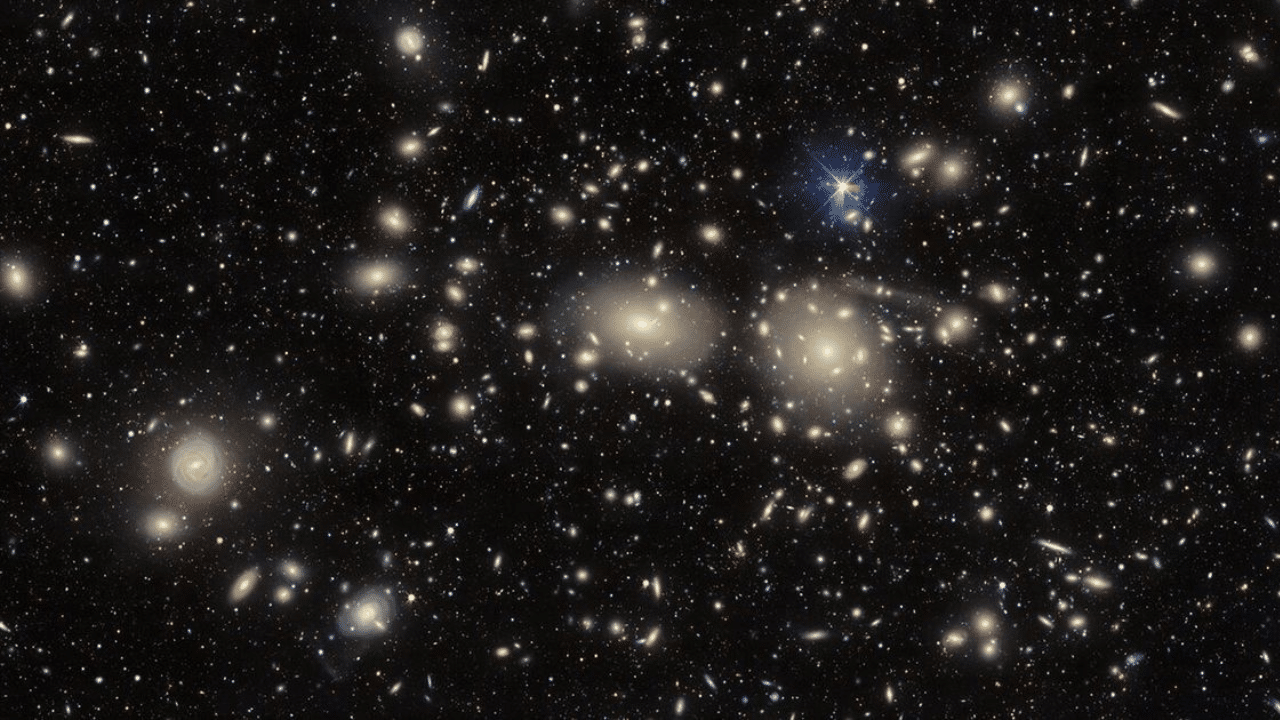Lizzie Bloomfield
Particle Physicist
I am a first year DPhil (PhD) student in the Particle Physics Department at the University of Oxford, studying how we can directly detect dark matter. I did my undergraduate degree at Royal Holloway, University of London and completed my Masters in Physics in 2024, at the University of London intercollegiate course, in collaboration with King’s College London, Queen Mary, and Royal Holloway, University of London.
Since my second year of university, I have been interested in the topic of dark matter, and more specifically how we might be able to detect particles that are “un-seeable”. I spent my summers throughout my undergrad and masters doing work experience to build up a skill set that would allow me to work on such large research experiments. I now work with two experiments, Quantum Enhanced Superfluid Technologies for Dark Matter and Cosmology (QUEST-DMC) and DarkSide-20k, both of which are direct dark matter detection experiments. These experiments, while they have the same goal, are very different in their technical makeup. DarkSide-20k is an experiment with a target of 50 tonnes of liquid Argon, located 1.4km below the surface of the Earth, while QUEST-DMC has a target of only 1cm^3 of liquid Helium-3. DarkSide-20k utilises the emission of light in a dark matter event to detect the presence of an unknown particle, while QUEST-DMC uses a wire that is 400 nanometers thick to detect tiny perturbations in the liquid Helium-3 caused by a dark matter event.
My research specifically focuses on comparisons on the detections that can be made in these two experiments and what we can conclude by comparing the differing detection methods.
In my spare time, alongside my research, I also love to work with sci-comms (science communications) to teach people about what I do and why I think physics is such an important and integral part of life, both on a large cosmological scale and also more personally. I have run workshops, helped out at open day events and given lectures on the topic of dark matter and particle physics as well. My main goal with my sci-comms work is to make high level physics accessible to anyone and help people understand more about how our world works.


